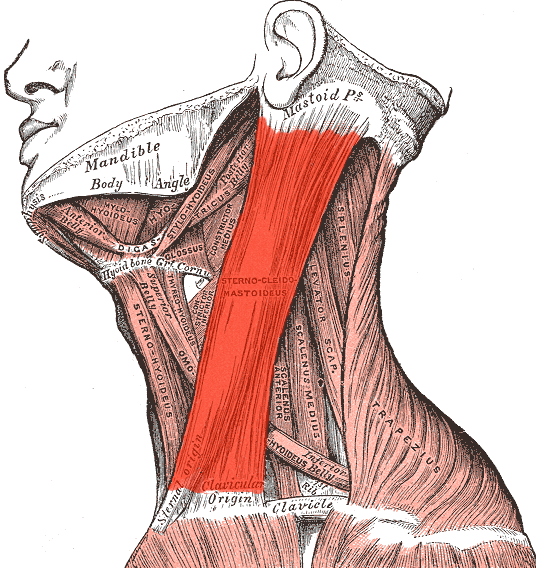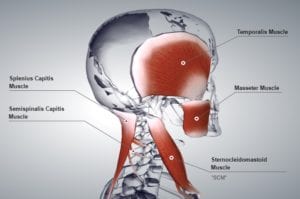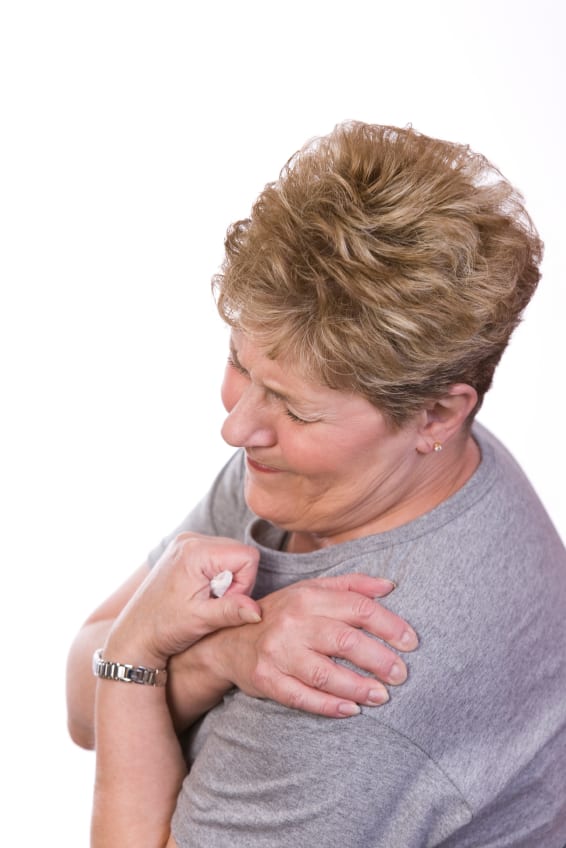Forward Head Posture and How To Fix It
A bloke named Joseph posted this question on one of my videos that got me thinking about forward head posture, also known as “chicken neck.”
The short answer to Joseph’s query is the cervical (neck) extensors/erectors – the muscles on the back of your neck, for example, the splenius capitis.

There is a little more to it though, as usual…!
The postural issue we are dealing with is called “forward head carriage,” “forward neck posture,” the medical term “cervical hyperflexion,” or more commonly just “chicken neck”!
It is incredibly common. Chances are, if you live in a city, you have it. In fact, it’s the people with good neck posture who stand out as unusual!
Some people will never know they have it because it doesn’t cause them a problem. However, it is still a weakness in the structure of your body, meaning that if you do have a fall or bang your head on something, that pre-existing weakness makes it that much more likely you will have a serious injury.
The Usual Suspect: SCM

Your sternocleidomastoid (“SCM”) does several jobs. The primary one is head + neck flexion, which means it pulls the head forwards as the SCMs on both sides work together. You SCM connects to your skull just below your ears and behind your jaw.
The second function is to rotate your head when you SCM contracts independently on one side.
But that’s not the end of the story of forward head posture, it’s just the beginning. There are several muscle groups opposite the SCM to think about:
- The extensors of the neck, which run top to bottom, up the back of your neck from your back;
- The deep neck flexors, which are beneath your throat on the front of your spine; and
- The suboccipital muscles, which are at the base of the back of your skull, connecting the top two vertebrae to your skull.

Image via Biodigital Human.
While the deep neck flexors are technically not opposite the SCM, they are important to consider. Here’s why—
- When the SCM contracts and pulls the head forward it lengthens the cervical extensors, inhibiting them.
- When the head is forward, your body naturally tilts your head back so that your eyes are still looking forwards, not down. This contracts your suboccipital muscles, facilitating or over-contracting them.
- When the suboccipitals are facilitated, the deep neck flexors become lengthened and inhibited.
Stretching alone won’t fix you
The reason I am explaining this is that stretching your SCMs alone will not fix your chicken neck/forward head posture.
You need a combination of stretch therapy for the SCMs and suboccipitals, plus strengthening for the cervical extensors and the deep neck flexors to make a difference and start to balance things out.
See one method to strengthen your deep neck flexors in the video below. Look around the web, or talk to a personal trainer, to find other methods.
In the clinic I additionally gather information about jaw clenching patterns, tinnitus, headaches, and of course any history of neck injuries and traumas, all of which can play a part in neck posture patterns.
Additionally, I will rarely begin a treatment for hyperflexion of neck or shoulder muscles with a client face-down. The short, tight muscles are on the front, so we have to start there. Here’s another article I wrote explaining more about the treatment of “flexion dysfunction.”
I hope that helps you. As always if you are not sure about anything, see a professional. There are people in this world who dedicate their entire lives to help you make improvements and get pain free. They are ready when you are.
Chicken neck doesn’t have to be forever!



